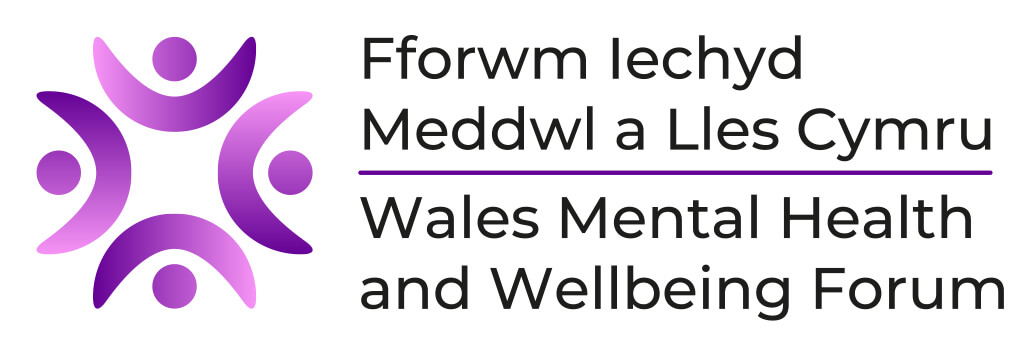The Cardiff and Vale Recovery and Wellbeing College provides free educational courses on a range of mental health, physical health, and wellbeing topics.
Anyone can enrol as a student at the college. This includes and is not exclusive to; people with lived experience of mental health and/or physical health challenges, carers, and Cardiff and Vale University Health board staff, as well as people from the public sector or the third sector.
For more details of the courses the Recovery Colleges provide, please check out their website, or email them: Cardiffandvale.Recoverycollege@wales.nhs.uk for further information
My experience of Cardiff and Vale Recovery and Wellbeing College
As someone who has accessed mental health services in the past, I was curious about what the Recovery College had to offer regarding my recovery journey.
I participated in three courses at the Recovery College within the first six months of January 2021. I will provide a brief account of what I learned.
I liked the Recovery College’s ethos that it was an ‘Educational setting, not intended to replace psychological therapy’. I really enjoyed the fresh perspective, and it opened my mind up to other ways of looking at my mental health aside from the medical model.
All three sessions took place over Zoom conference calls due to restrictions of movement during lockdown.
They started with an introduction to establish ground rules and the themes we would be covering.
The courses were:
a) Trauma, Adversity, and Mental Health: An introduction to understanding and managing the impact of challenging life experiences (This course was comprised of two sessions.)
I particularly liked the way social theory was used to demonstrate how society can have an adverse effect on people’s mental health. It was accompanied by some psychological theories too, but they were easy to understand and very interesting – some of which I was unaware of even though I’d studied Psychology at A-Level some years ago.
There were small group discussions in all the sessions as well as PowerPoint based learning, and they helped me come to a better understanding of some of the challenging aspects of my life. The theoretical work provided a lot to consider and talk about within our own discussions.
We looked at some of the ways our minds and bodies physically react in response to trauma and the effect this has on us psychologically. We looked at coping strategies, i.e., what we can do to help ourselves when faced with trauma.
People were allowed to speak as much as they liked and there was no pressure for anyone to speak at all if they didn’t want to.
b) Understanding Psychosis (1 x 2.5 Hours Zoom Workshop)
Firstly, we looked at the definitions of psychosis. We then looked at the myths that the media, film, and television often perpetuate and that this helps to create stigma.
I found out that lots of famous people have talked about their experiences of hearing voices. I learned what can cause psychosis and I was surprised by the many ways in which it can occur.
The thing I most enjoyed about this session was that I was able to share some of my personal experience of psychosis with one of the facilitators co-leading the session. In the spirit of co-production, I encouraged questions from the group regarding my personal experience and gave full in-depth answers where I deemed appropriate. This led to some interesting discussion. There was some good information on beliefs, delusions, and distress too.
c) Managing Stress and Health and Wellbeing at Work (2 hour Zoom Workshop)
We talked about what stress does to us physically. One of the facilitators was experiencing severe stress at work and she told us how she turned to alcohol to treat her stress.
She started to recover by getting support from the mental health team and substance misuse services. The lady got back into work by volunteering at first and she was helped by a very supportive team and continues to work.
This helped promote discussions about self-compassion and exploring relaxation techniques.
Practical advice was given. This included what a person can do when they are off work; ways to build up confidence, doing charity work, through to planning on how to go back using a phased return. This advice helped her by building up hours/duties as well as providing information on how to cope on your first week back at work.
For more details of the courses the Recovery Colleges provide, please check out their website: https://cavuhb.nhs.wales/recovery-college/ or email them: Cardiffandvale.Recoverycollege@wales.nhs.uk for further information.
